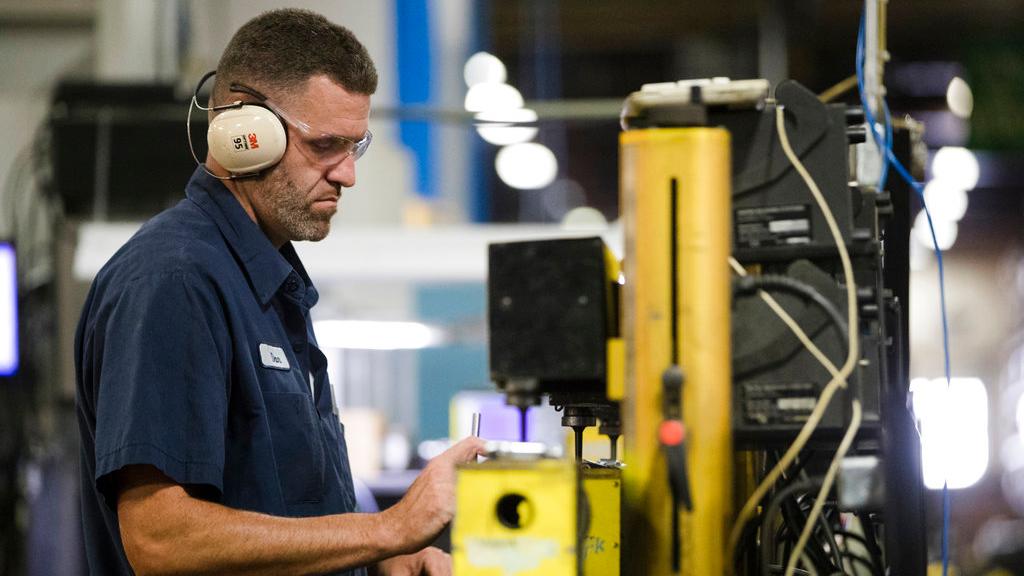House Democrats pass Raise the Wage Act to lift minimum wage to $15
House Democrats on Thursday voted in favor of a bill to gradually raise the federal minimum wage to $15 per hour.
The legislation increases the national minimum pay rate to $15 per hour over the course of six years through scheduled annual increases. It would reach $15 by October 2025.
After 2025, the minimum pay rate would be tied to inflation.
The bill was approved by a margin of 231 to 199.
The current federal minimum wage is $7.25 per hour, unchanged since 2009.
Originally, the legislation had aimed to hit the $15 per hour target in five years, but the timeline has been stretched slightly to increase the bill’s chances of passing.
Some Democrats have expressed concern that broadly increasing the federal minimum wage would have differing effects among communities across the country, specifically between rural and urban areas.
As a result, Democratic Reps. Stephanie Murphy, D-Fla., and Tom O'Halleran, D-Ariz., have proposed an amendment to the legislation that would require a Government Accountability Office (GAO) analysis of the economic and employment impacts of the first two scheduled wage increases. After that, Congress would decide on how to proceed toward the ultimate $15 per hour goal.
The legislation will need to be passed by the Senate and signed into law by President Trump.
Republican leadership has said the minimum wage hike would be “devastating” for middle-class families, citing research from the Congressional Budget Office. The CBO report found that the Democrats’ bill would boost wages for about 17 million people – but it would also reduce business income, raise consumer prices and reduce the nation’s output. Overall, the CBO said the move would reduce real family income by about $9 billion in 2025 – or 0.1 percent. Those effects, however, would be felt differently depending on where families fall on the income spectrum. Job losses were estimated at a median 1.3 million, though the range could extend as high as 3.7 million.
“Think about that, that’s the entire state of Oklahoma losing their job,” Minority Whip Steve Scalise, R-La., said on Capitol Hill last week. “The CBO report that came out should be alarming to everybody in America who believes in trying to become part of the middle class.”
Not all conservatives are opposed to bigger paychecks, however, though they typically don’t support a federal mandate.
White House economic adviser Larry Kudlow, for example, argued against having the federal government set the national minimum wage since conditions vary meaningfully among states.
“The federal government shouldn’t have jurisdiction over the states anyway in a matter like this,” Kudlow told FOX Business in November 2018. "The conditions are different in these states, the cost of living is different, the state of business is different.”
CLICK HERE TO GET THE FOX BUSINESS APP
A number of states and cities – including New Jersey and Oregon – raised their minimum wages in July.
Meanwhile, lawmakers are also scrambling to reach an agreement to lift the debt ceiling before a deadline the U.S. government is expected to hit in early September. Congress is on recess for most of August, therefore the deal largely needs to be put forward by the end of next week. However, Pelosi has said the Democrats won’t sign a deal to increase the spending limit unless other spending terms are also agreed upon.




















